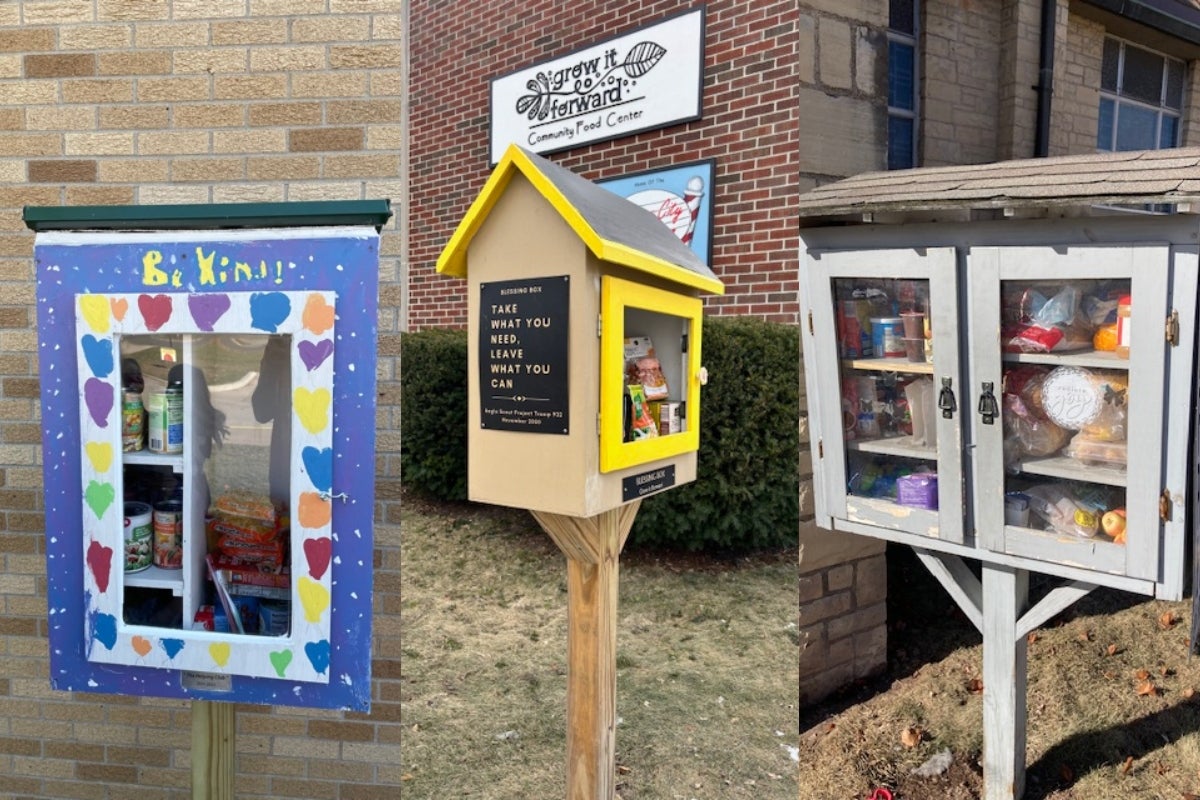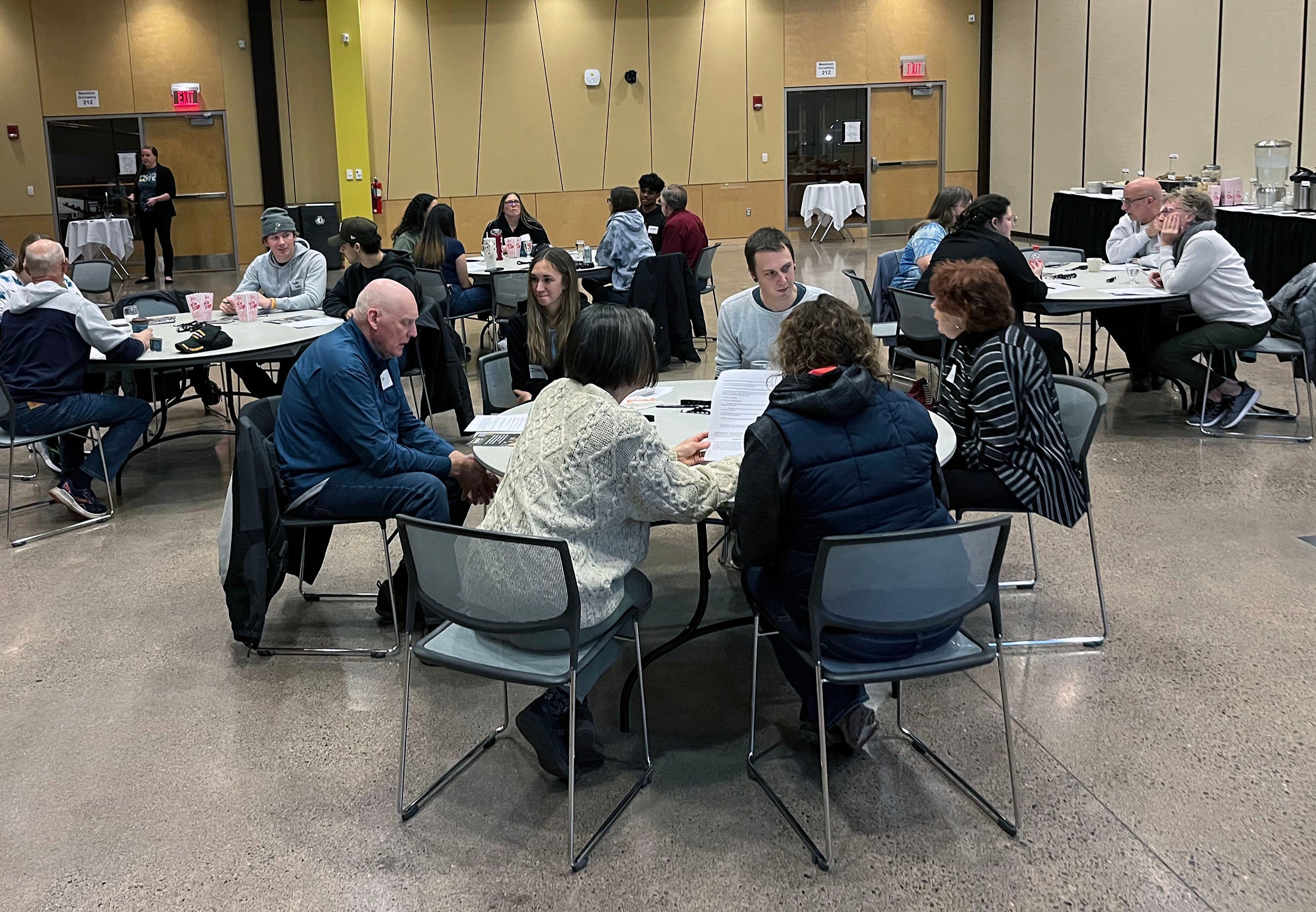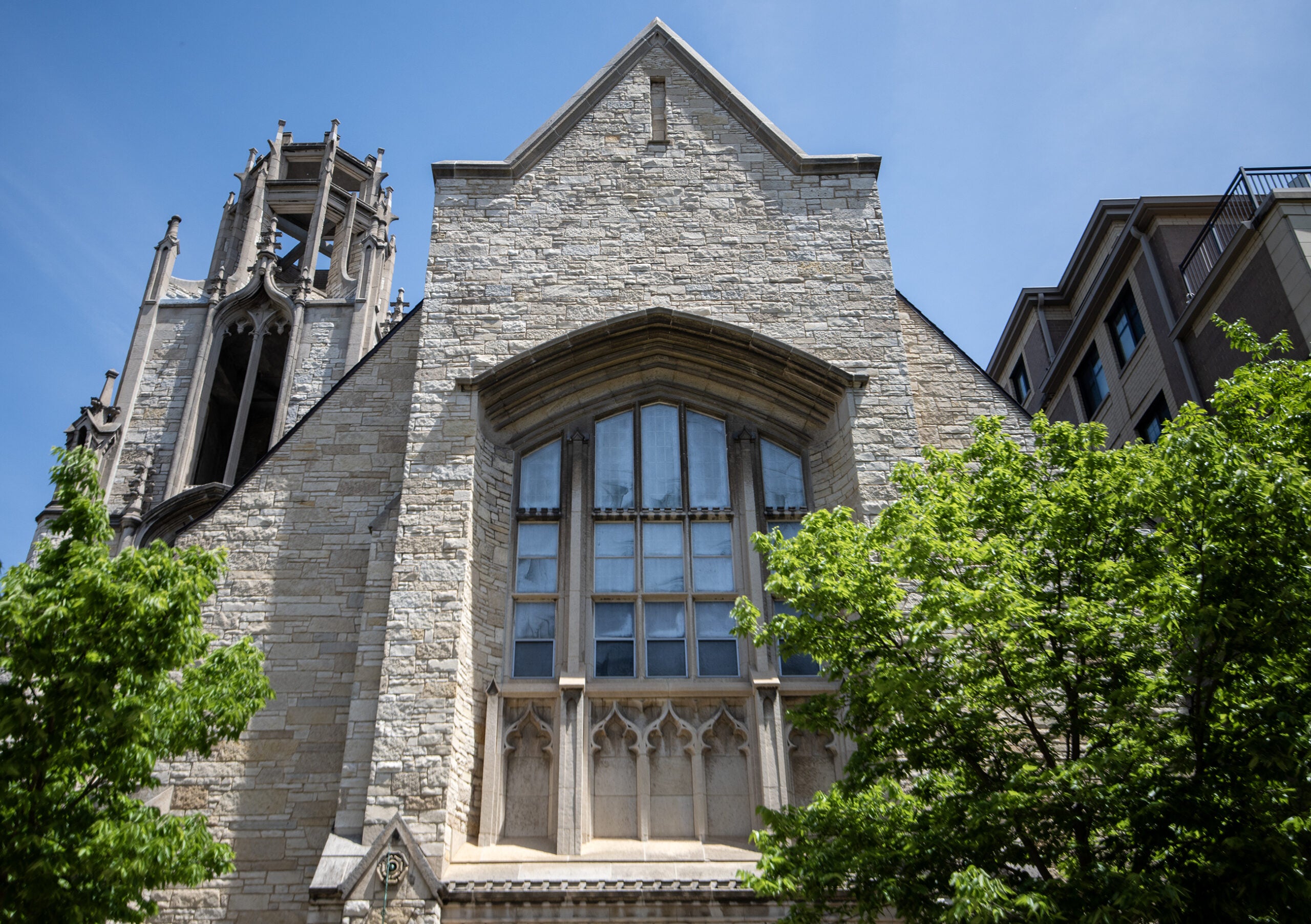Judith Siers-Poisson visits with an estate lawyer and finds out how anyone can leave a significant legacy with some planning.
Featured in this Show
-
One Doesn’t Have To Be A Bill Gates To Be A Philanthropist
The worries and demands of daily life can make it hard to plan for things even a year or so in the future. Coupled with a reluctance to think of one’s own demise and a sense that only millionaires have enough to give means that there are a lot of people who haven’t taken the time to think about what legacy they can leave behind after death.
Melinda Gustafson Gervasi, the founder of Gustafson Gervasi Law Office, LLC in Madison, which provides legal services in the area of estate planning and probate, said she wants everyone to know that it’s possible to make an impact on the world with planned giving. To that end, Gustafson Gervasi is the author of “Middle Class Philanthropist: How Anyone Can Leave a Legacy.”
This is a unique period in history in terms of wealth and the transfer of those assets, she said.
“As the Baby Boomers transition, which I think is a nicer way of thinking about it, between 1998 and 2052, $41 trillion will pass hands from one generation to the next. And in the book, I raise the question, ‘What might our world look like if even 5 or 10 percent of that was left to a cause we feel is important and would better our world?’” Gustafson Gervasi said.
That’s not just a question for people “in gated estates and lawyers in pin-striped suits behind mahogany desks,” Gervasi said. In fact, she explained, “You don’t have to leave everything to make a difference and you certainly don’t have to have a seven-figure net worth either. A little bit of planning can go a long way.”
While there are more complex methods of legacy giving, Gustafson Gervasi included several easy vehicles for giving after death. One of the simplest is a note in an obituary that reads, “in lieu of flowers please consider a gift to the (fill in the blank) charity.”
As an example, she said that a small non-profit in Monona, Wis., which provided used sewing machines to women in the developing world, started receiving checks in memory of a woman named Viola in 2010, but it wasn’t anyone that the organization knew about previously. With a little sleuthing thanks to Google, the staff found out that it was a woman in Minnesota who had a passion for sewing. The woman’s loved ones thought that gifts made to the Sewing Machine Project would be an appropriate way to honor her memory.
Not only was it a lovely way to honor that woman’s life, the gifts made a significant difference to the organization, she said. The gifts in memory of Viola — often in amounts of $10 or $25 — added up to be 10 percent of the group’s annual budget that year.
“A very welcome bump,” Gustafson Gervasi said.
Gustafson Gervasi includes other easy ideas in her book. They include:
- Say in a will that the person would like household furnishings sold at an estate sale that benefits a particular charity;
- If the person has a valuable item that none of their heirs would enjoy, leave it to a non-profit to be auctioned off;
- Donate valuable photographs or documents to a historical society;
- If they have a checking or savings account that was a rainy-day fund, attach a pay-on-death card to it to go to a non-profit.
Episode Credits
- Judith Siers-Poisson Host
- Judith Siers-Poisson Producer
- Melinda Gustafson Gervasi Guest
Wisconsin Public Radio, © Copyright 2025, Board of Regents of the University of Wisconsin System and Wisconsin Educational Communications Board.




